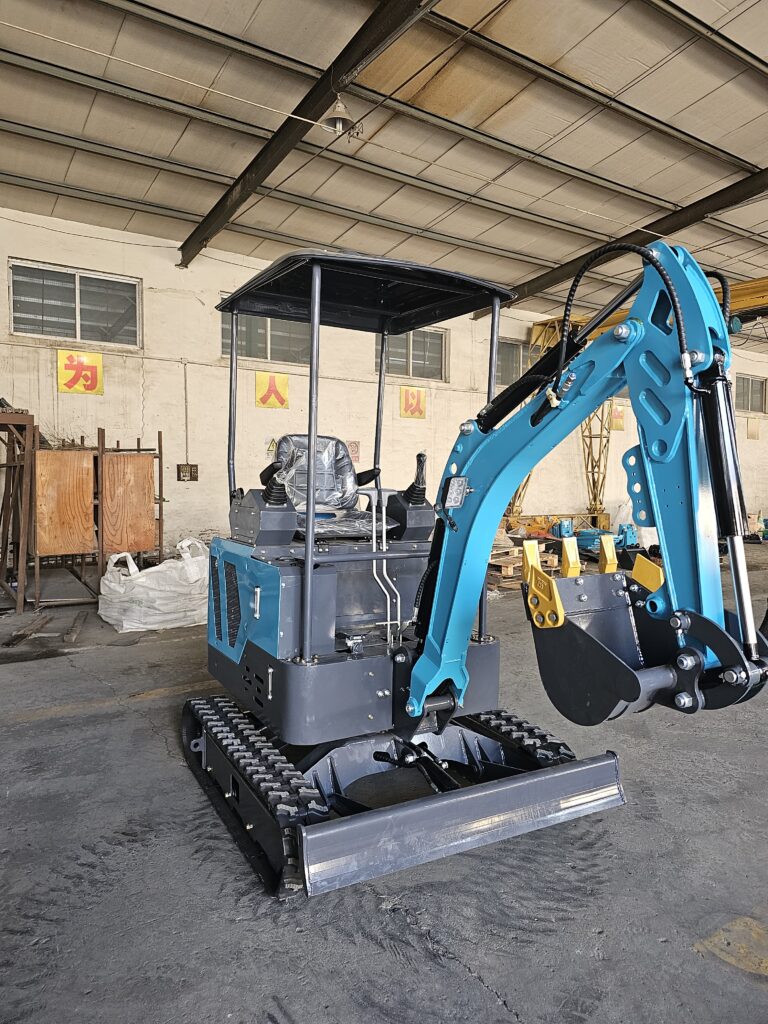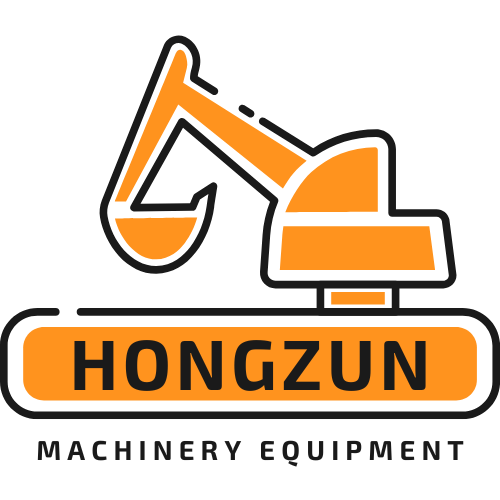Mini excavator have become increasingly popular in construction, landscaping, and utility work due to their compact size and versatility. But What Are the Advantages of a Mini Excavator? If you’ve ever seen one working on a job site, you probably noticed how easy they are to maneuver and how quickly they get the job done. In this article, we’ll explore the key advantages of mini excavators and why they might be the perfect fit for your next project.

Key Advantages of Mini Excavators
What Are the Advantages of a Mini Excavator in Different Applications?
Mini excavators are designed to handle smaller-scale tasks with precision and efficiency. Here’s a detailed look at why they are so beneficial:
1. Compact Size and Maneuverability
Mini excavators are much smaller than standard excavators, which allows them to work in tight spaces where larger machines would struggle. Their compact design makes them perfect for urban construction sites, residential projects, and indoor work.
2. Versatility in Tight Spaces
Because of their small size, mini excavators can easily navigate narrow streets, alleys, and confined job sites. They can even work inside buildings, making them ideal for demolition and renovation projects.
3. Lower Operating Costs
Mini excavators are more cost-effective to operate than larger machines. They consume less fuel, require less maintenance, and have lower transportation costs. This makes them a budget-friendly choice for smaller projects.
4. Reduced Ground Damage
Larger excavators can leave deep tracks and damage surfaces, but mini excavators distribute their weight more evenly. This minimizes ground disturbance, making them ideal for work on delicate surfaces like lawns and gardens.
5. Fuel Efficiency
Mini excavators use smaller engines, which means they consume less fuel. This not only lowers operating costs but also makes them more environmentally friendly.
6. Easy Transportation
Due to their lighter weight, mini excavators can be easily transported on a trailer or a small truck. This makes them highly mobile and easy to move between job sites.
7. Quick Attachment Changes
Mini excavators are compatible with a variety of attachments, such as augers, hammers, and grapples. Switching between attachments is quick and easy, increasing the machine’s versatility.
8. Less Noise and Emissions
Mini excavators produce less noise and fewer emissions compared to larger machines. This makes them ideal for residential areas and noise-sensitive environments.
Common Uses for Mini Excavators
Mini excavators are widely used across different industries. Here are some of the most common applications:
1. Landscaping and Gardening
Mini excavators are perfect for digging small trenches, planting trees, and reshaping landscapes. Their precision makes them ideal for delicate gardening work.
2. Utility Work
Mini excavators are often used for installing underground utilities like water and gas lines. Their small size allows them to access narrow spaces without disturbing surrounding structures.
3. Demolition in Confined Areas
For small-scale demolition projects, mini excavators can easily tear down walls and structures without damaging nearby buildings.
4. Trenching and Digging
Mini excavators are great for digging trenches for irrigation systems, drainage, and foundations. Their smaller size makes them more efficient in narrow or hard-to-reach areas.
5. Snow Removal
In colder climates, mini excavators can be equipped with blades or buckets for snow removal. Their maneuverability makes them effective for clearing sidewalks and driveways.
How to Maximize the Benefits of a Mini Excavator
To get the most out of your mini excavator, follow these tips:
1. Proper Maintenance
Regularly check the hydraulic system, tracks, and engine. Keep the machine clean and lubricated to ensure smooth operation.
2. Choosing the Right Attachment
Select the right attachment based on the task at hand. Augers are great for digging holes, while hammers work well for breaking concrete.
3. Operator Training
Ensure that operators are trained on the specific model of mini excavator being used. Proper handling improves safety and extends the machine’s lifespan.
Limitations of Mini Excavators
While mini excavators offer numerous advantages, they do have some limitations:
1. Limited Digging Depth
Mini excavators have a limited digging depth compared to larger models. For deeper excavation work, a standard or long-reach excavator may be required.
2. Reduced Lifting Capacity
Mini excavators cannot lift as much weight as larger excavators. If heavy lifting is involved, a larger machine may be more suitable.
3. Not Suitable for Heavy-Duty Jobs
For large-scale construction or mining projects, mini excavators may not provide enough power or reach.
Conclusion
Mini excavators have carved out a niche in the construction and landscaping industries thanks to their compact size, versatility, and cost-effectiveness. While they may not match the power of larger machines, their ability to work in tight spaces, reduce operating costs, and minimize ground damage makes them a valuable tool for a wide range of projects. By understanding their strengths and limitations, you can make an informed decision about whether a mini excavator is the right fit for your next job.
FAQs
1. What is the difference between a mini excavator and a standard excavator?
Mini excavators are smaller, lighter, and designed for working in tight spaces, whereas standard excavators are larger and built for heavy-duty tasks.
2. How deep can a mini excavator dig?
Most mini excavators can dig between 6 to 12 feet deep, depending on the model and configuration.
3. Are mini excavators easy to operate?
Yes, mini excavators are designed for easy operation, with user-friendly controls and quick attachment changes.
4. What’s the average lifespan of a mini excavator?
With proper maintenance, a mini excavator can last between 8,000 and 10,000 hours of operation.
5. Can a mini excavator be used for heavy lifting?
Mini excavators have limited lifting capacity and are not ideal for heavy lifting. For large-scale lifting, a standard excavator is more suitable.
